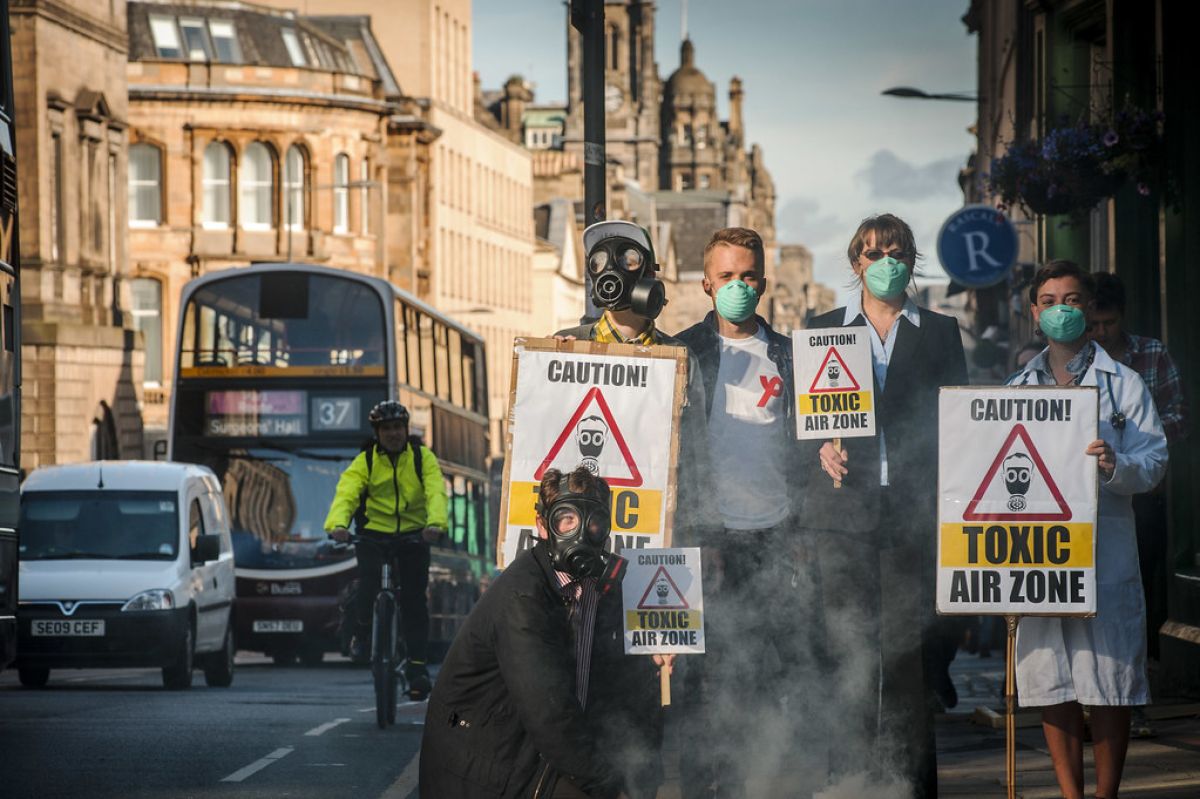Clean air, clean mind: The impact of air pollution on our brains

It is well known that air and traffic pollution are harmful to our health, having been linked to various cardiovascular and respiratory conditions. In fact, the government has declared poor air quality to be the greatest environmental threat to public health, and it is estimated that health-related costs of air pollution in England could reach £5.3 billion by 2035. The impacts of air pollution on public health are extensive, with a previous Mancunion article highlighting the adverse effects that air pollution has on fertility. New emerging evidence is now showing further consequences on our brains and mental health.
Cognitive function
The short-term effects of air pollution on the brain can be seen in chess players, as computer models analysing the number of errors made in a game show that the magnitude of errors increased by 10.8% in response to an increase in particulate matter (small particles released by burning matter). Chess players now monitor the air quality when competing in tournaments to eliminate any potential disadvantages on decision-making and thinking capacity.
A recent study has demonstrated that diesel exhaust exposure in healthy adults is linked to a decline in the brain’s functional connectivity, as shown by functional magnetic resonance imaging (fMRI) measurements before and after exposure. This means that even a short period of two hours of exposure can alter the brain’s connectivity, which has been associated with a decline in cognitive performance.
However, this is not the first study to suggest concerning effects of air pollution on the brain, as a longitudinal study in China revealed that accumulative exposure to air pollution caused a decline in verbal test performance outcomes. This was particularly prominent as people age, suggesting that air pollution has a significant effect on the rate of cognitive decline as people get older. As cognitive decline in elderly people is a major risk factor for various forms of dementia, this indicates that air pollution may be a significant cause for concern with regard to the debilitating disease.
Risk of dementia
A study in London between 2005 and 2013 tested this hypothesis by measuring levels of nitrogen dioxide, particulate matter and ozone in each postcode and recording the number of dementia diagnoses in that area. The findings of this study revealed a significant association between nitrogen dioxide and particulate matter levels, and dementia, particularly with Alzheimer’s disease. This should be worrying not only for individuals living in urban areas but to the government and the NHS. As traffic pollution continues to rise, will this continue to incur more health and social care-related costs on an already struggling system?
Mental health issues
Other serious problems that may be linked to poor air quality are mental health issues, such as anxiety and depression. With around 17% of adults in the UK experiencing depression in 2021, air pollution may be an important factor to consider for our mental well-being. High levels of nitrogen dioxide have been associated with an 18-39% increased chance of a mental disorder, based on mental health surveys carried out in South East London. Additionally, exposure to fine particulate matter has previously been shown to be associated with symptoms of anxiety. It seems there is a clear link between the quality of the air and increasing symptoms of poor mental health.
For those living in urban areas with higher exposure to traffic pollution, this data indicates they may have a worse quality of life simply due to the air that they breathe. As it is known that areas with the highest levels of air pollution tend to be populated by poorer communities, despite emitting the least pollution, this could also be a potential source of health inequality in the UK.
This information comes one year after the government’s proposed Clean Air Zone was paused in Manchester following a public backlash, with local authorities in Greater Manchester now developing an alternative plan that is more economically viable. With 45 areas across Greater Manchester exceeding the legal limit of nitrogen dioxide in 2021, tackling air pollution and its health impacts should be a priority or we risk compromising our brain and mental health.







